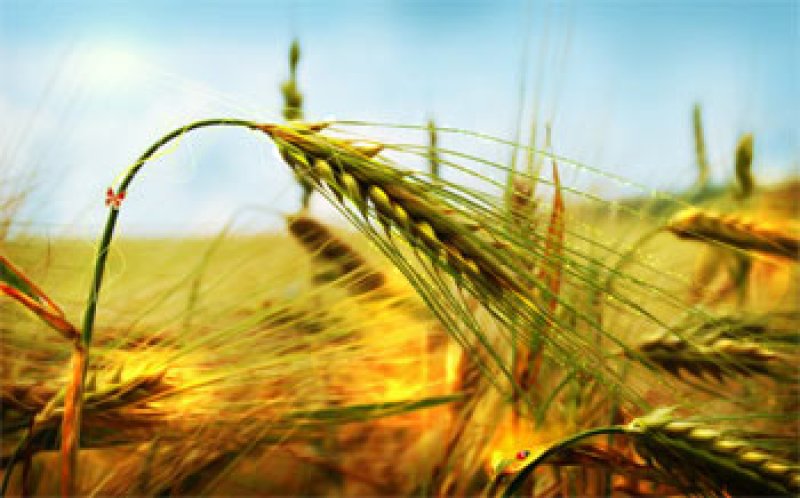The GLP aggregated and excerpted this blog/article to reflect the diversity of news, opinion and analysis.
It’s a cycle nearly as old as human history. Plow, plant, harvest, and repeat. It worked for our ancestors, and it’s working for us now, though with ever more problems, from obliterating soil nutrients to encouraging erosion.
“Soil quality around the world has become degraded,” says Sieglinde Snapp, an agroecologist at Michigan State University. “So how are we going to feed more people with higher quality food?”
There are myriad possibilities. Among the options is raising the output of current farming techniques using genetic modification, specialized fungi, or precision agriculture. But another ambitious idea is to extend the growing season, which will involve rewriting much of the book of agriculture.
Read full original article: The Quest for Everlasting Agriculture































